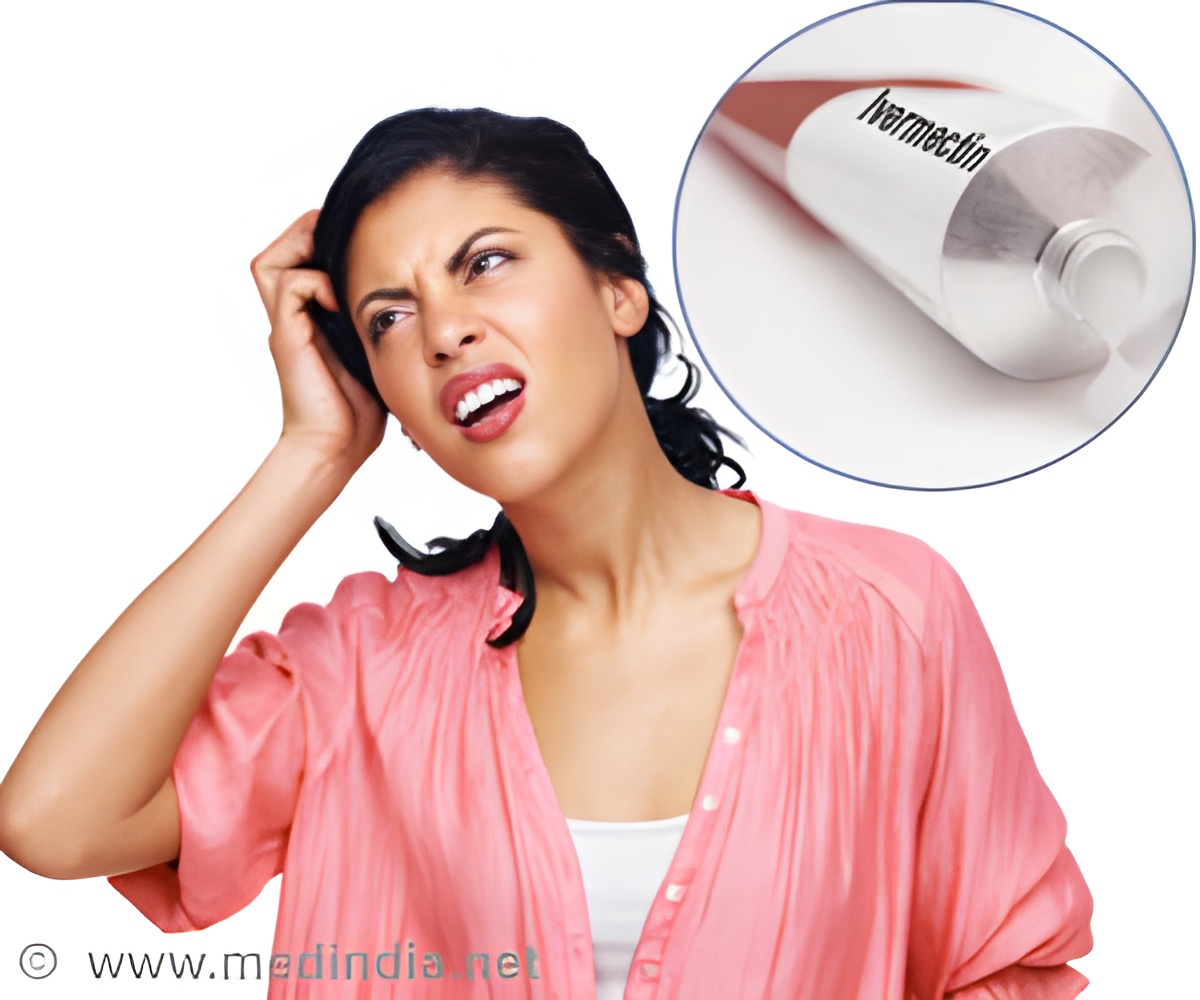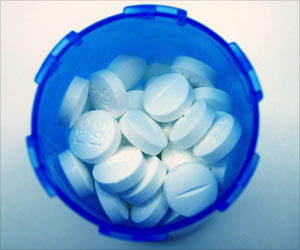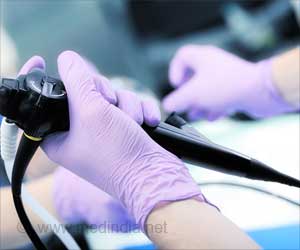Personalized lotions containing the friendly bacteria protected against S. aureus colonization for five patients with Atopic Dermatitis (AD).

‘Knowledge of the specific microbial genes encoding AMPs allowed the scientists to identify small numbers of guardian bacteria on Atopic Dermatitis (AD) patients' skin.’





Certain strains of beneficial bacteria even suppressed the growth of methicillin-resistant Staphylococcus aureus (MRSA), a difficult-to-treat and sometimes lethal pathogen. Here, Teru Nakatsuji and colleagues isolated two novel antimicrobial peptides (AMPs) from the protective microbes, a type of antibacterial agent also produced by the human immune system. The bacterial AMPs were more effective at eliminating S. aureus than their human counterparts alone, and when administered in combination both agents demonstrated enhanced results. What's more, the AMP-generating bacteria did not inhibit the growth of other organisms associated with healthy skin, including Propionibacterium acnes, Staphylococcus epidermidis and Corynebacterium minutissimum.
Knowledge of the specific microbial genes encoding AMPs allowed the scientists to identify small numbers of guardian bacteria on AD patients' skin. They developed unique lotions containing bacteria isolated from each individual, which prevented those patients from becoming colonized by S. aureus.
This selective intervention is already approved by the U.S. Food and Drug Administration, with a clinical trial currently underway. The approach could prevent skin infections without the need for broad-spectrum antibiotics, which the authors say might do more harm than good by also killing off protective members of the skin microbiota.
Source-Eurekalert














